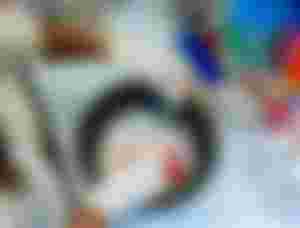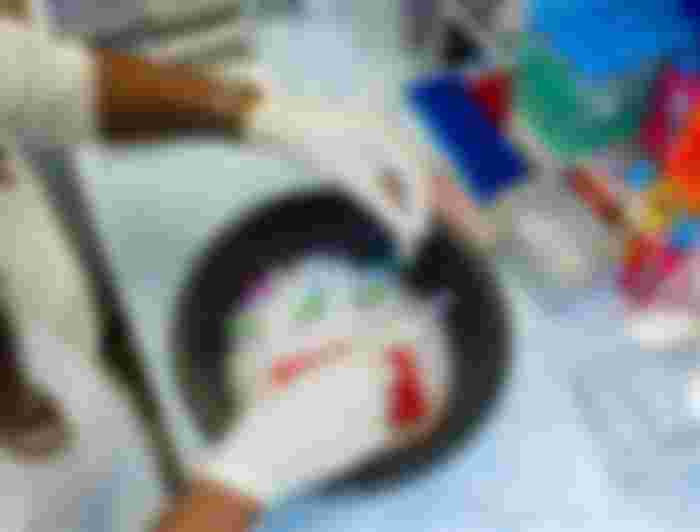Animals, other than the most simple forms, possess a heart and vascular system and some functioning site, such as lungs or grills, at which gaseous exchange can occur. Even the most primitive multicellular organisms have motile cells called amebocytes, which a wander through the tissues. These cells possess some of the properties of human lymphocytes. The blood of animal possessing a full vascular system is generally similar to that in many, although there are species differences, both on the constitution of the plasma and in the structure and size of cells. In some animals specially in vertebrates, there are no pigment carrying cells analogous to the red cells, and the respiratory pigment, which may be hemoglobin or the related copper compound hemocyanin, circulate through plasma in solution. Such animals commonly display slow activity and have relatively low metabolic requirements. Possession of pigment containing cells, as seen in human red cells, confers a highly efficiency of oxygen transport.

In general, fish, amphibia, and reptiles possess red blood cell's that are nuclear in their mature form. Although in some species occasional anucleate cells are seen. The cells turned to be larger than those of mammals.

Which may be hemoglobin or the related copper compound hemocyanin, circulate through plasma in solution.